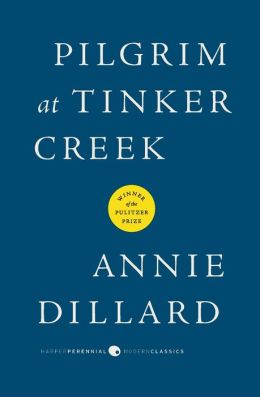It is usually expected for supplements to a main novel to be of lesser quality, but The Julian Chapter has surpassed all my expectations and arguably left an even deeper mark on me than Wonder did.
One of aspects of the original Wonder that I loved most was how so many different perspectives were portrayed, so I was especially excited when I found out that the author wrote a separate story on the bully's perspective, which was one of the perspectives left out in the main novel.
Throughout the entire story, Julian was depicted as a very privileged and spoiled only-child who lives with his parents, both of whom have very prestigious jobs. Julian was a very sheltered and overprotected child by both his parents due to the fact that he had night terrors at night when he was younger. The night terrors was the reason given by the author for Julian's sharp response to Auggie, because after meeting Auggie, Julian once again began to have night terrors.
I was very unsatisfied with this reason, and it definitely did not excuse Julian's cruel actions and regretful attitude towards Auggie. I was even more outraged when Julian's parents denied Julian's actions, and even tried to sue the school as well as have the principal fired.
Up to this point, all I felt from reading this book was frustration, outrage, and occasional smug happiness when Julian became shunned by his classmates. I was beginning to think Julian was never going to understand his wrongdoings until his visit to his grandmother's house. At first, I was skeptical of his grandmother, because she was described as extremely well-dressed and talked to Julian "like an adult", but little did I know that she would tell one of the most moving stories I've ever heard. When Julian revealed to her his troubles at school, she told Julian her secret story of how she survived the Holocaust:
One day, when Julian's grandmother was just a little girl, the Nazis invaded her elementary school to take all the Jewish children to a concentration camp. As she tried to run from the Nazis, one of her classmates, who was a hunchback, helped her to safety. Julian's grandma became very ashamed of how she once made fun of him, apologized, and became very good friends with him. The boy's family hid Julian's grandmother until the end of the war, but unfortunately, the little boy was taken away due to his disability and never heard from again.
Now here comes my favorite part of the story: after hearing this tragic story, Julian asked his grandmother what this little boy's name is. His grandmother replied that his name is the same name she had given to Julian's father, as well as Julian himself. Julian (as well as I) was shocked that he who was named after a courageous disabled boy had bullied another disabled boy. It's simply too ironic. Finally, after Julian's parents arrived to pick him up from his grandmother's house, Julian's grandmother had a very serious talk with Julian's parents about being proud of Julian for taking responsibility for his wrongdoings instead of denying that Julian had done anything wrong.
The story ends with a changed Julian, ready to sincerely apologize to Auggie, and excited to become a kinder person at his new school.


